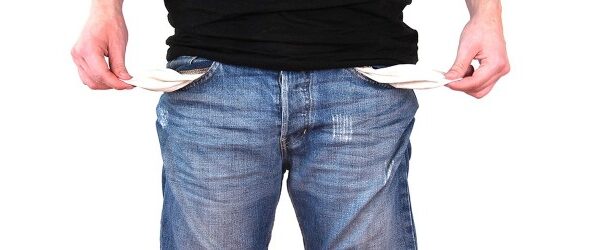How to recover a debt in four stages!

(1) Proving the debt and ascertaining means to repay
The most important things to consider when trying to recover a debt is, whether you can prove that the debt is due and if the debtor has the means to repay you the money. You would need to prove that the debt is due by referring to loan agreements and so on.
We can carry out checks on individuals or companies to see if they have the funds to repay the debt. If they have several County Court Judgments registered against them, it is unlikely that they will satisfy any other debts. However, if they have a clear credit rating and are able to repay the debt then it will be worth pursuing them.
(2) Obtaining agreement to pay
Provided that you have evidence that the debt is due and have ascertained that the debtor has the means to repay you, it is worth firstly writing a letter before action. This letter will set out how the debt was incurred and the amount due plus interest and will attach any relevant documents. Sometimes, a letter from a Solicitor will be sufficient to compel the debtor to repay the debt.
(3) Obtaining an Order/Judgment/agreement to pay
If the debtor still does not offer to repay the debt, you will need to issue a claim form at Court and try to obtain a Court Order or Judgment against the debtor. Once you have issued your claim form, it may be that you are able to mediate with the debtor before an Order or Judgment is obtained and agree settlement of payment of the debt. A Consent Order can then be filed at Court confirming the terms agreed.
(4) Enforcement proceedings
Once you have obtained an Order or Judgment for the debtor to pay, you can look at how to recover the money from them. If you have limited information, a sensible first step would be to obtain an Order for questioning so that you can find out details of their financial circumstances at Court.
If the debtor is working, you can often obtain an Attachment of Earnings Order which diverts part of their salary to you each month in settlement of the debt.
Alternatively, if the debtor owns a property, you could potentially obtain a Charging Order over their property which would mean that you would be repaid your debt when they sold the property. It is sometimes possible to obtain an Order for sale of the property if you have a significant debt.
Another option would be to obtain a Warrant or Writ of Control in order to seize the debtor’s goods in satisfaction of the debt.
If you discover that the debtor is owed money, you could obtain a Third Party Debt Order diverting these funds to you.
It could otherwise be worth considering insolvency or bankruptcy proceedings.
If you are owed money and would like to discuss this further, please contact us for a fixed fee appointment at a cost of £150 plus VAT.
Written by Robert Syms – robertsyms@cavershamsolicitors.co.uk.




